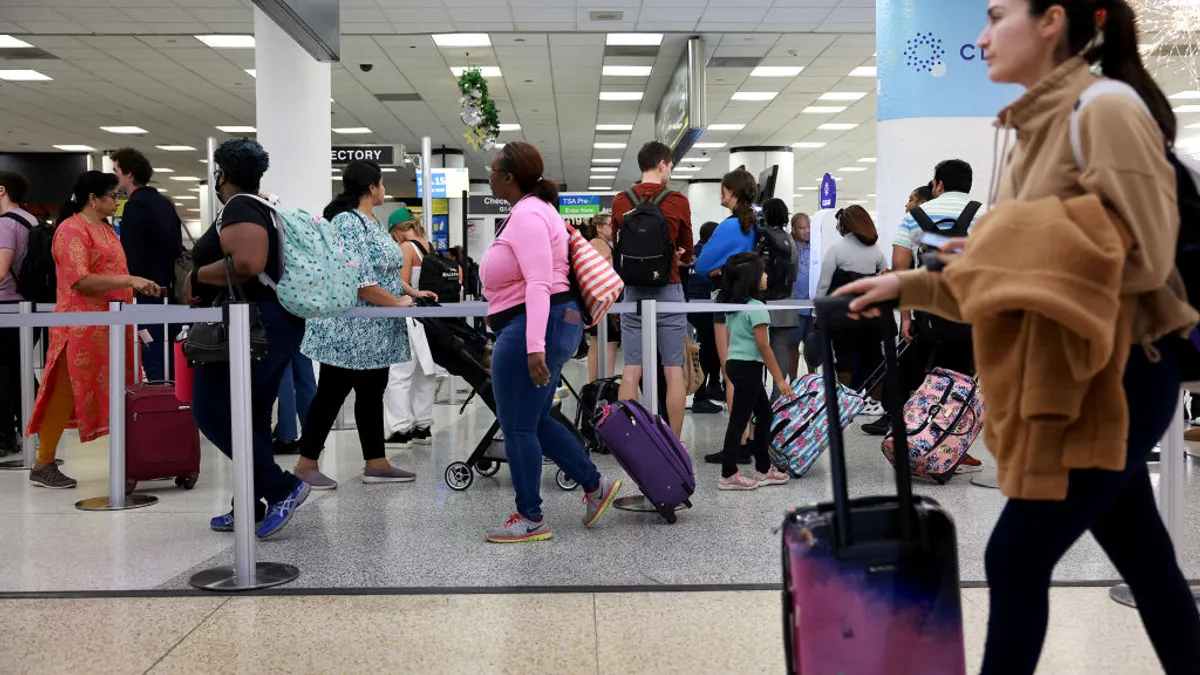Dive Brief:
- An estimated 1 in 10 U.S. workers plan to take what is being coined as a “micro-retirement” this year, according to a recent report by SideHustles.com. “More Americans — especially Millennials and Generation Z — are stepping away from their jobs for months at a time … to rest, travel, or focus on personal projects,” the company said.
- In a survey of 1,000 workers, more than half said they think these planned extended leaves from work help prevent burnout and improve well-being, and 75% said employers should offer micro-retirement policies, such as unpaid sabbaticals or extended paid time off.
- At a time when employers report struggles with employee well-being and burnout, more than half of workers see micro-retirement as a way to improve metrics on both fronts, the survey found.
Dive Insight:
Workers cited mental health, a relief from work stress and a desire to have more life experiences as primary reasons for wanting to take an extended leave. However, concerns about financial insecurity, career setbacks and losing healthcare and benefits gave them pause.
But roughly a third of millennials and Gen Z workers said they believe micro-retirement will become a standard career practice in the future, the study found. Already, companies have turned to more flexible benefits and time off policies to accommodate workers, such as expanded parental leave, ‘pawternity’ leave and paid leave for military spouses to help with moves.
Twenty percent of Americans said they’ve previously taken a micro-retirement, and 59% said they’d consider one in the future, including 60% of millennials and 63% of Gen Z. Top industries whose workers already have a micro-retirement on the books for 2025 are tech, healthcare, retail, hospitality and finance, the study found.
To fund their extended leave, 67% of workers said they would rely on their savings, while 36% said they would look to a side hustle or freelance work.
Paid time off policies cut turnover for all workers, even if they’re unsatisfied at work or have flexible schedules, per a joint Florida Atlantic University and Cleveland State University study published in the International Journal of Manpower in March. The research found that voluntary turnover fell 35% among workers who were provided PTO.
To that end, Bank of America launched a sabbatical program in January 2023 that gives employees the opportunity to take an additional four to six weeks of paid time off after they’ve worked for the company for 15 years straight or more, the bank’s head of global benefits told HR Dive. Workers can take two sabbaticals during their time with the company, and 21,000 workers have already taken an extended leave, per the company’s benefits site.
















